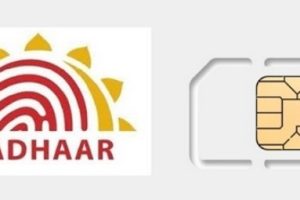How do credit card users earn more rewards that can get them free business class flight tickets and stays at luxury hotels?
Banks typically reward users for all credit card transactions. And, more the transactions, more the rewards. But, how do people make more transactions if that is beyond their means? Credit card nerds found a way out: Transact on behalf of other individuals as well.
Credit card holders often get a discount on purchases that others do not. Prospective buyers approach these cardholders and route their transactions to get a discount on purchases. On their part, the cardholders get more rewards for spending on the card.
Initially, this jugaad started off with credit card nerds transacting on behalf of their friends and family but as credit card spending became increasingly rewarding, people found more ways to earn those rewards. Select Telegram channels began connecting cardholders with buyers on the lookout for discounts. Then, there are platforms like Yaper which enable people on both sides to discover and transact with each other. Thus, cardholders could successfully inflate their credit card spending and earn enough rewards that fulfil their aspirations.
So, what can possibly go wrong? Well, as per the terms and conditions of banks, personal credit cards are meant only for personal use. Spends that breach the income limit raise a red flag at banks, which can close the account anytime. For instance, an Axis Bank credit card user, who did not want to disclose his name, said that he had spent ₹3-4 lakh at a petrol pump that led to the bank cancelling his credit card.
The income tax department could pose another set of troubles. It can monitor credit card spending through the Annual Information Statement (AIS) and raise scrutiny when the card holder’s spending exceeds total income.
Some credit card enthusiasts claim to have come up with a workaround to this problem as well. They keep a paper trail to prove that the spending was done on behalf of other people. Some credit card users said they do this by charging a small fee for such a transaction and treat it as commission income. That way, only the commission is reported as income and the transaction amount gets reimbursed. Note that this commission is taxable at slab rates and attracts 5% TDS (tax deducted at source).
Karan Batra, founder, charteredclub.com, said he wouldn’t recommend this way of earning rewards as the process of proving that the transaction was done on behalf of others would take months and create a lot of hassle. “The IT department will ask for various documents such as PAN details and written proof with a signature of the transaction. This might take months to resolve.”
Source By: livemint










